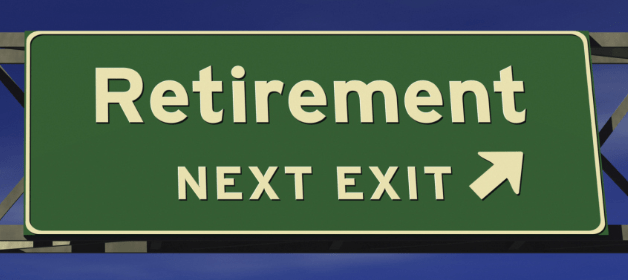What is a Financial Advisor?
A Financial Advisor is a professional with skills and expertise to help guide you in making good financial decisions. This guidance can be in the area of:
- Retirement Planning
- Cash Flow to manage Debt
- Strategic Investing
- Efficient Tax Planning
- Risk Management
- Estate Planning
Advisors might have many designations or disciplines but one that stands out is the Certified Financial Planner (CFP) designation. An Advisor with this designation shows that he or she has the knowledge, skills, experience and ethics to help with all your financial needs. An advisor might implement a team approach where they share their area of expertise (insurance, investments, retirement etc.) with other team members and their clients benefit from this shared expertise. Your financial well being and peace of mind is your advisor’s top priority.
Why do I Need an Advisor?
No matter where you are in life today, you are making decisions that will have a big impact on your short- and long-term financial security and goals. Decisions about how you spend your money, how you save for a child’s education, how you plan for retirement and how you protect yourself and the people you love all impact the fulfillment of your goals. Making good decisions is key to achieving lifetime financial security. And getting good advice is the key to good decision making! You can benefit from an advisor’s knowledge and expertise.
Many people encounter these 5 Common Financial Planning Milestones:
- Buying a home
- Merging finances with your life partner
- Starting a family
- Sudden life setbacks
- Retirement
Advisors have the experience and expertise to guide you through these critical times. They can help you make well informed decisions, understand your risk tolerance, make a plan and build an investment portfolio that meets your short- and long-term goals. Advisors can help you feel assured at times of uncertainty knowing you have taken the steps to prepare, avoid emotionally driven decisions and to manage financial risks. According to Sunlife Financial, research shows when working with an advisor, a client is more likely to consider themselves financially healthy, has about 4 times more investable assets and are 3 times more likely to say they’re financially comfortable. 84% of employed Canadians and 90% of retired Canadians say the service they get from their advisor is beneficial.
What Makes a Good Advisor?
There are many people that offer financial guidance and have their unique views about finances. The best way to find a good advisor is through an introduction or referral from a friend, family member or a trusted associate. The key is finding someone you can trust and can build a lasting relationship with. This can take a little bit of time and may require having meetings with different advisors. Positive characteristics of a good advisor are confidence, truthfulness, reliability, obligation and responsibility. Learn the advisor’s skills and areas of expertise. Your advisor should be someone who can fill in the gaps of your own knowledge and must have your best interest at heart.
An advisor has many responsibilities. He or she should help you make well informed choices regarding:
- Building and protecting your wealth
- Developing a comprehensive plan to take you through all of life’s stages
- Balancing what you want today and what you will need tomorrow
- Advising you on options you might not know about
It is also important that he or she actively monitor your progress and help you adjust as your life changes. Your advisor will help you reduce risks and take advantage of opportunities that arise over time.
In summary, a good advisor will poke and prod the way a good doctor does because asking questions gives a clear picture of your financial health. Be ready to answer questions like:
- What are your short- and long-term goals?
- What is most important to you?
- What does success and peace of mind mean to you?
It takes a little time and effort to find your perfect financial advisor. It is important to ask a lot of questions because this is your plan and your future. Remember, a good advisor will become your planning partner, your financial coach, your disciplinarian, your mentor and your lifelong friend.
Connect Wealth is an independent financial planning firm that offers holistic advice to clients based on their current goals and future aspirations. We use well-established workflows and cutting edge technology to maximize planning efficiencies while simplifying the process for clients. Learn how you can maximize your financial opportunities at www.connectwealth.ca






